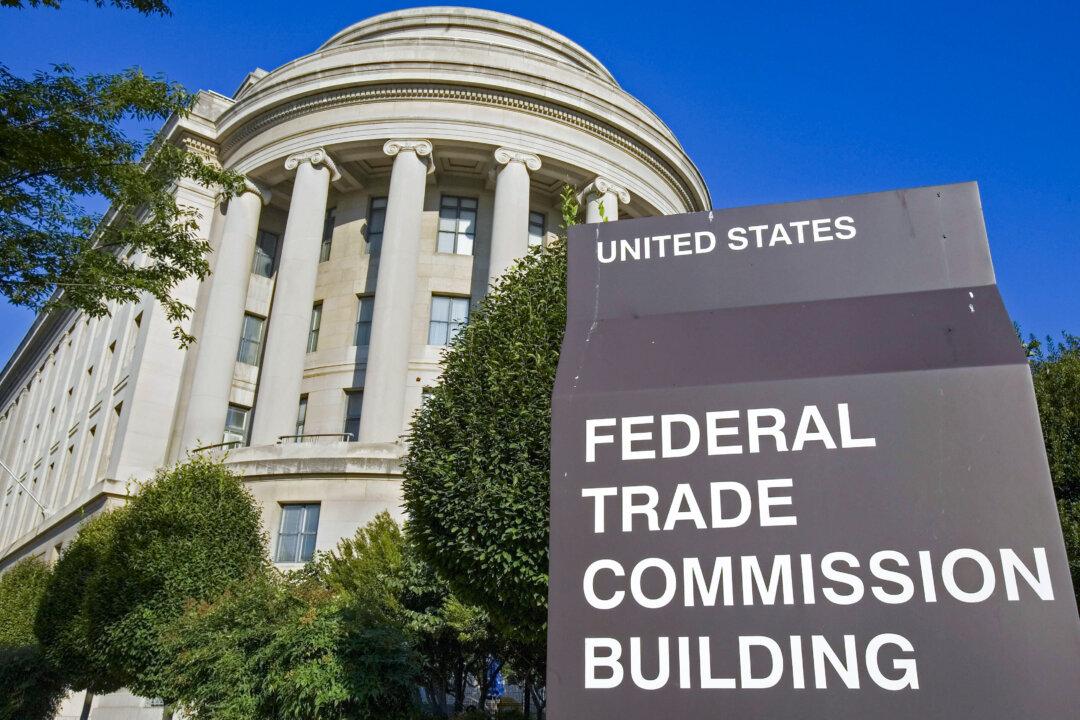Millions of U.S. consumers who clicked ads for “free” cannabidiol (CBD) and keto-related products were defrauded out of more than $200 million by two groups, the Federal Trade Commission (FTC) alleges in a complaint unsealed in a central Florida court on July 1.
Consumers across the United States were unwittingly added to a continuity plan for products they did not sign up for and charged on an ongoing basis.





